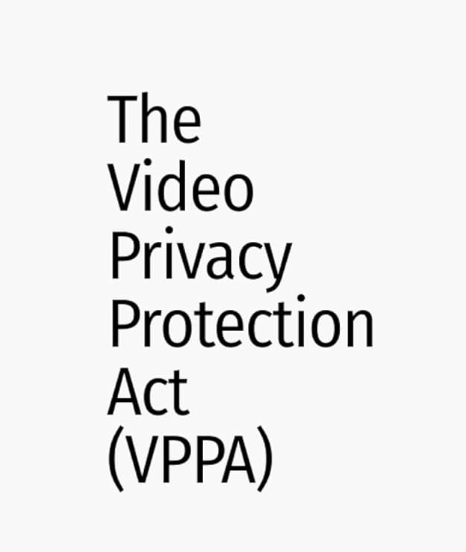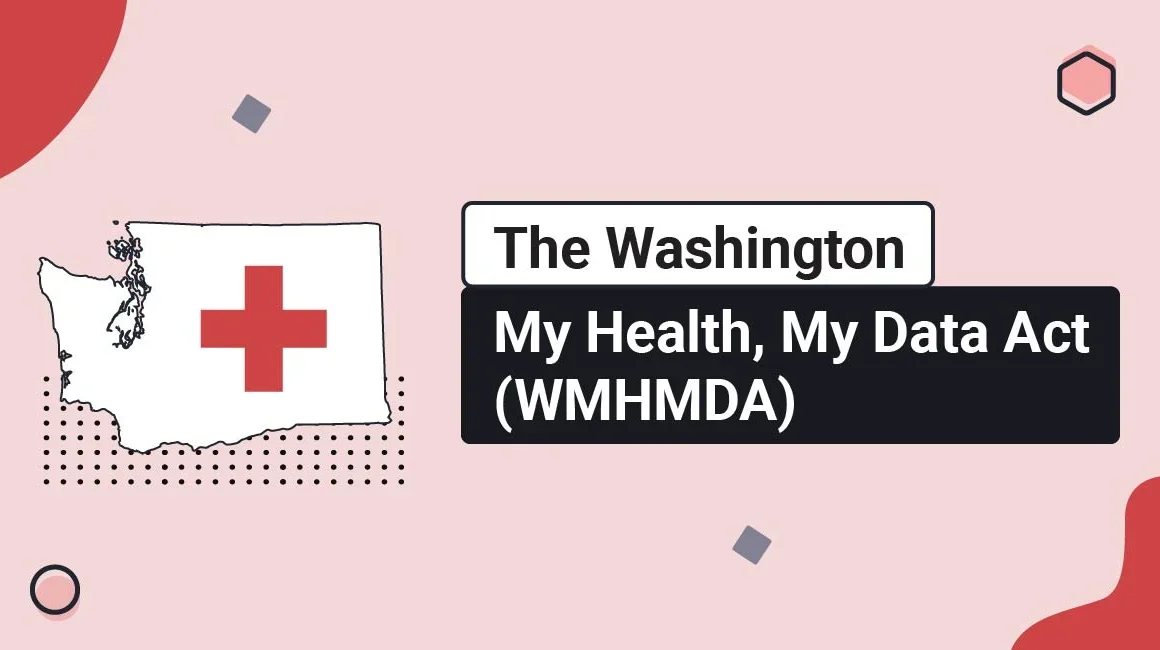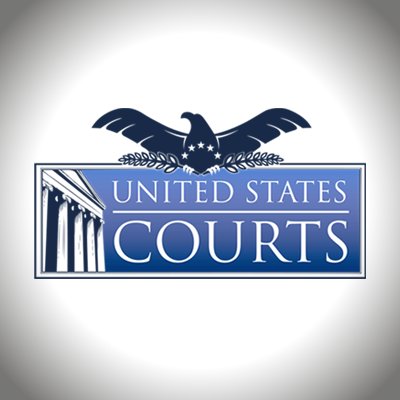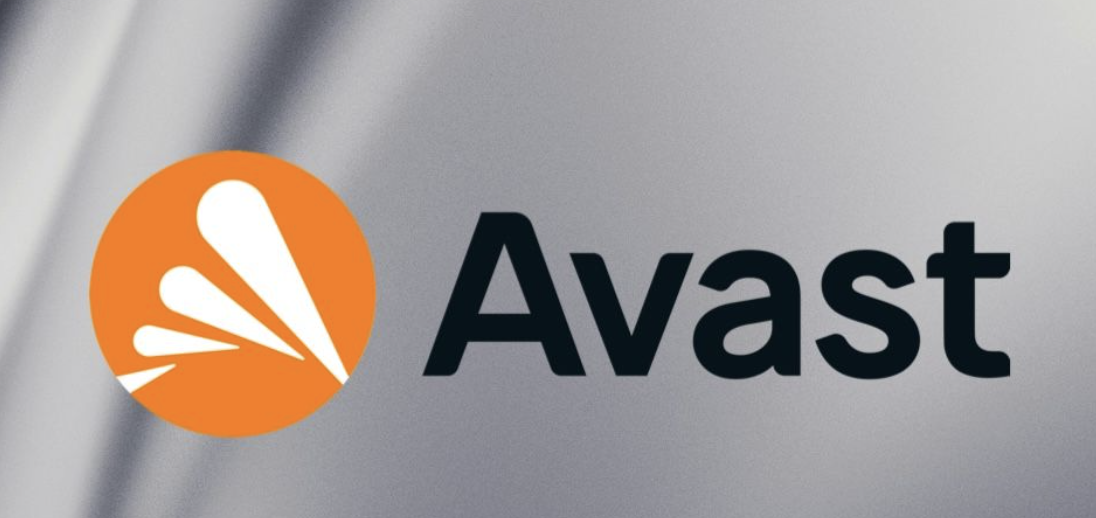Why it was enacted: The Video Privacy Protection Act of 1988 (VPPA) was passed in response to the disclosure and publication of then-Supreme Court nominee Robert Bork’s video rental records. Although the records revealed that Judge Bork watched innocuous films, the disclosure was considered a gross invasion of his privacy.
Highlights: Private right of action for violations. Statutory damages are set at $2,500. Also allows for actual, punitive, and reasonable attorney fees.
Not applicable to video streaming
Does not preempt more protective state laws
· California has enacted laws covering the same privacy issues as VPPA
Numerous active class-action litigation under the VPPA, and several cases, including those against Blockbuster, Netflix, and Redbox, suggest that the private right of action extends only to disclosure-related violations and not violations based merely on improper retention.
Applies to videotape service providers who are defined as anyone engaged in the business in or affecting interstate or foreign commerce, of rental, sale or delivery of pre-recorded video cassette tapes or similar audio-visual materials as well as individuals who receive PI in the ordinary course of a videotape service provider’s business or for marketing purposes
Videotape service providers are prohibited from disclosing PI. Exceptions:
· Disclosure is made to the consumers themselves
· Is made subject to the contemporaneous written consent of the consumer
· Is made to law enforcement pursuant to a warrant, subpoena, or other court order
· Includes only the names and addresses of consumers
· Includes only names, addresses, and subject matter descriptions, and the disclosure is only used for the marketing of goods or services to the consumers
· Is for order fulfillment, request processing, transfer of ownership, or debt collection
· Is pursuant to a court order in a civil proceeding and the consumer is granted a right to object
PI must be destroyed as soon as practicable but no later than one year from the date the info is no longer necessary for the purpose for which it was collected and there are no pending requests or orders for access to such info
The Video PrivacyProtection Act Amendments Act of 2012
· Allowed for one-time consumer consent that was valid for up to two years replacing the contemporaneity requirement
· Addresses social media concerns



